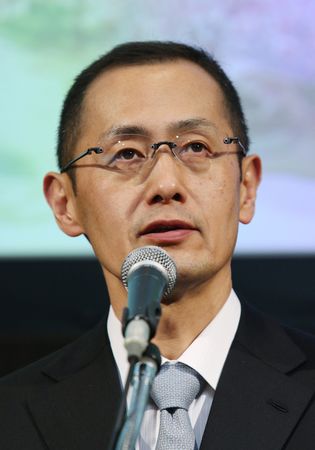Automated iPS Cell Production to Start in Japan in April
Newsfrom Japan
Science- English
- 日本語
- 简体字
- 繁體字
- Français
- Español
- العربية
- Русский
Kyoto, Jan. 8 (Jiji Press)--Following its success in automating the process of creating induced pluripotent stem cells, Kyoto University’s CiRA Foundation will start producing iPS cells from patients’ own cells utilizing the automated culture system in April.
Under a project aimed at making iPS cells, which theoretically can develop into almost all organs, widely available for regenerative medicine by drastically reducing the production cost, the foundation has successfully created the stem cells in a month using a German-made immune cell production apparatus in which a healthy person’s blood, reagents and specific genes were mixed.
From April, the foundation will automatically make autologous iPS cells and turn them into, among others, heart muscle and nerve cells, at a new facility in the city of Osaka. The iPS cell-derived cells will be frozen with liquid nitrogen and stored for later safety and efficacy studies.
Immune rejection-free cell transplantation therapies are made possible by the use of autologous iPS cells, which the foundation calls “my iPS cells.” But it takes about six months and costs some 50 million yen to manually create iPS cells from a patient’s own cells and differentiate them into a specific cell type to treat the patient’s disease.
For the time being, the new facility, Uehiro Laboratory for my iPS Cell Research, will be equipped with four units of the German system and produce cells enough for 20 people a year.
[Copyright The Jiji Press, Ltd.]
